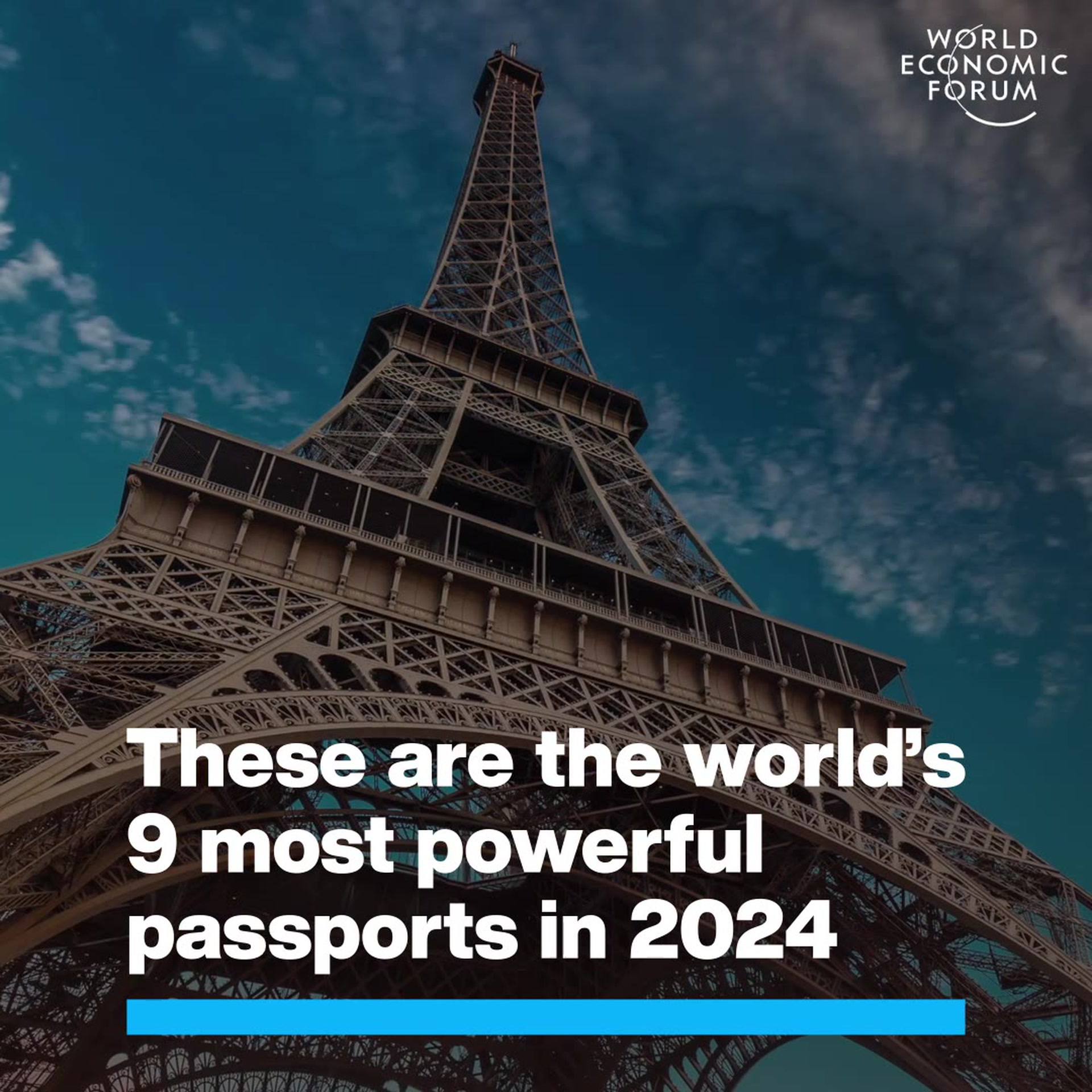Japan Airlines ditches 'ladies and gentlemen' for gender-neutral greetings

Air Canada and European low-cost carrier EasyJet said last year they would drop 'ladies and gentlemen'. . Image: REUTERS/Kim Kyung-Hoon

Get involved with our crowdsourced digital platform to deliver impact at scale
Stay up to date:
Travel and Tourism
- Japan Airlines have become the most recent airline to drop 'ladies and gentlemen' for more inclusive, gender-neutral language.
- A spokesman for the airline said: 'We aspire to be a company where we can create a positive atmosphere and treat everyone, including our customers, with respect.'
- Other notable airlines who have adopted new language include Air Canada and European low-cost carrier EasyJet.
Japan Airlines said on Monday it would swap “ladies and gentlemen” for gender-neutral greetings, following other global airlines in adopting more inclusive language for passengers.
Announcements at airports and on flights operated by the Japanese carrier will use the new forms of address from Oct. 1, the airline said. “Attention all passengers” and “Good morning everyone” will be among the terms adopted, local media reported.
Several airlines around the world have made a similar change in recognition of non-binary and transgender customers. Air Canada and European low-cost carrier EasyJet said last year they would drop “ladies and gentlemen”.
“We aspire to be a company where we can create a positive atmosphere and treat everyone, including our customers, with respect,” Japan Airlines spokesman Mark Morimoto told the Thomson Reuters Foundation in an email.
“We have committed to not discriminate based on gender, age, nationality, race, ethnicity, religion, disability, sexual orientation, gender identity or other personal attributes.”
The announcement comes as gender-equality advocates say corporate support for LGBT+ rights is growing in socially-conservative Japan, where same-sex marriage remains illegal and being openly gay seen as taboo.
In April, a Japanese charity that launched a scheme offering digital partnership certificates - allowing same-sex couples to tap into the same staff benefits as heterosexual couples - won the backing of businesses from banks to insurers.
About a third of Japanese companies have measures in place to support gay couples, according to campaign group Nijiiro Diversity.
But activists say discrimination persists, and even though about two dozen cities, towns and wards issue same-sex partnership certificates to gay couples, they lack legal standing.
In March, Japan Airlines announced it would allow female flight attendants to wear trousers and ditch their high heels at work, following a feminist campaign that took off.
Don't miss any update on this topic
Create a free account and access your personalized content collection with our latest publications and analyses.
License and Republishing
World Economic Forum articles may be republished in accordance with the Creative Commons Attribution-NonCommercial-NoDerivatives 4.0 International Public License, and in accordance with our Terms of Use.
The views expressed in this article are those of the author alone and not the World Economic Forum.
The Agenda Weekly
A weekly update of the most important issues driving the global agenda
You can unsubscribe at any time using the link in our emails. For more details, review our privacy policy.
More on Travel and TourismSee all
Naoko Tochibayashi and Naoko Kutty
March 28, 2024
Abeer Al Akel and Maimunah Mohd Sharif
February 15, 2024
Priya Singh
February 8, 2024
Thea de Gallier
January 31, 2024






